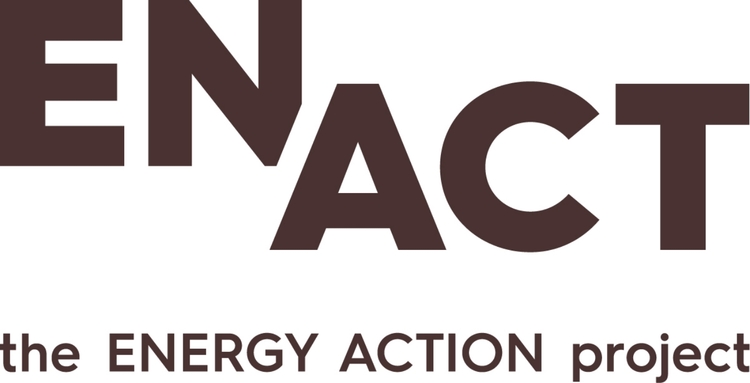Podcast: Leveraging Carbon Revenues for Energy Efficiency
The EU Green Deal calls for a just, clean energy transition, recognising that decarbonising the 27 economies will carry heavy costs -- not least because 97% of buildings need some level of energy renovation. The Deal also makes a commitment to 'leave no one behind.' In its first podcast, Renovate Europe invites Louise Sunderland of the Regulatory Assistance Project to talk about her recent research, which shows that using carbon revenues to fix the homes of low-income families delivers better returns than existing stop-gap measure to reduce the impacts of energy poverty. Louise also brings the perspective of volunteering at a community energy cooperative in South London that provides services to low-income households. With host Marilyn Smith of the Energy Action Project, the podcast digs into topics that need to be considered in launching a 'Renovation Wave' across the EU.
Who pays for and who benefits from the energy transition? One particularly interesting opportunity is to use the revenues from carbon pricing to invest in energy efficiency measures in homes, particularly of low-income and energy-poor households.
Louise Sunderland, Senior Advisor, Regulatory Assistance Project
Large-scale building renovation will be critical to reaching the energy and emissions reduction targets of the EU Green Deal. Hence, the call for a “Renovation Wave” that will uphold the principles of a ‘just energy transition’. But the challenge must not be underestimated, particularly when it comes to where people live and how they manage energy consumption and cope with costs.
Individual dwellings account for 75% of the EU buildings stock and 68% of energy demand. A large number were constructed before thermal efficiency standards were added to building codes. With high energy demand, many dwellings push their owners or occupants into energy poverty.
In a first podcast co-produced with the Renovate Europe Campaign, we speak with Louise Sunderland of the Regulatory Assistance Project (RAP). The conversation covers her experience volunteering with an energy community in South London (UK) and as lead author on a report that investigates various approaches that tap into public funds to improve the energy efficiency of low-income households. With carbon revenues expected to increase rapidly, Louise offers insights into how investment in renovation delivers high returns on emissions reduction and substantial societal benefits.
Click here to access the full report, Equity in the energy transition: Who pays and who benefits?
Or here for a related article in the five-part series co-produced by EnAct and Renovate Europe:
Part 4 of 5 / Leveraging carbon revenues for EU buildings renovation
